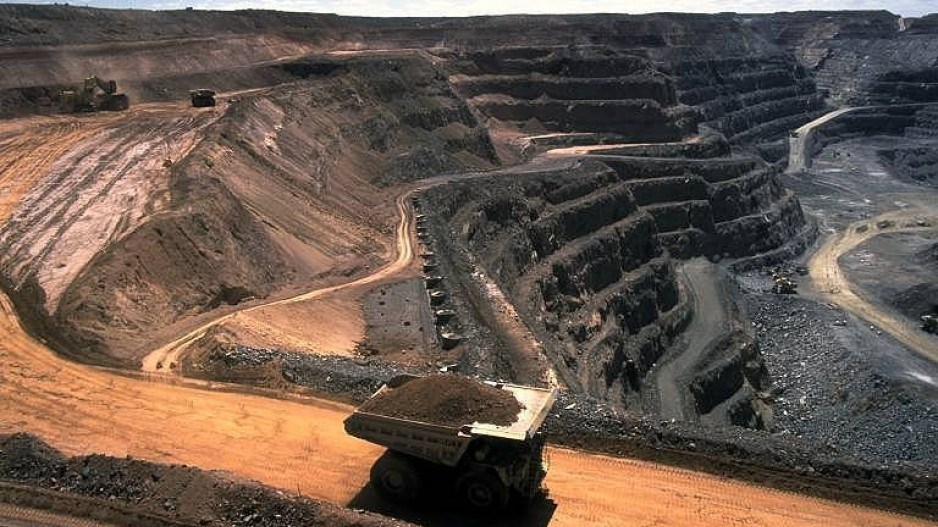Canada continues to be one of the most confusing and bureaucratic countries for mining and exploration, according to an annual survey by the Fraser Institute, and B.C. is among the slowest provinces in terms of permitting.
In its survey, 160 mining executives and managers said that regulations for permitting are confusing, lacking in transparency and, in many cases, duplicative.
They rate B.C., Nunavut and the Northwest Territories to be the most uncertain jurisdictions for mining and exploration in Canada.
“What we’re seeing in our results is that B.C. is lagging behind Quebec and Ontario in many measures. In particular the time it takes to receive permits is much longer in B.C. than in competing provinces,” said Fraser Institute senior policy analyst Ashley Stedman.
“There are challenges in terms of navigating the process, in terms of the timeliness, so investors are losing confidence in the exploration permit process in many provinces, particularly in British Columbia, because this opaque and confusing application process is taking longer and longer to complete.”
Survey respondents say that the permitting process has grown more time consuming over the last 10 years.
The survey does not explain what is bogging miners down in B.C., although unsettled land claims and the increased duty to consult with First Nations appear to be among the causes. Duplication of processes appears to be another contributing factor.
More broadly, mining executives say other mining jurisdictions – like the U.S., Australia and, more recently Sweden and Finland – are less bureaucratic environments in which to do business than Canada.
B.C. has a wealth of certain key industrial commodities – copper and metallurgical coal – but mineral exploration is a highly risky business to start with, so junior exploration companies that get bogged down in red tape will simply seek out jurisdictions that are less risky, the Fraser Institute warns.
“Capital will flow to jurisdictions with attractive policies,” Stedman said. “Uncompetitive mining policies discourage exploration in Canada and British Columbia and that will ultimately chase away the investment dollars.”
If miners feel Canada is already too bureaucratic under current environmental laws, it begs the question what will happen under new regulations being implemented at both the federal and provincial levels take effect.
The federal government has overhauled the Environmental Assessment process, and the B.C. government has begun implementing the United Nation Declaration of the Rights of Indigenous Peoples (UNDRIP) and is considering retooling the professional reliance model.
It’s not clear yet whether those regulatory changes will streamline permitting or make it even more cumbersome.
“The processes are already quite onerous and having these uncompetitive policies ultimately means that valuable investment dollars will go elsewhere,” Stedman said. “So policy makers need to be aware of that.”
Mickey Fulp, who publishes the Mercenary Geologist, is no fan of B.C. as a jurisdiction for exploration and mining, due to the uncertainties over land claims. But he takes the Fraser Institute to task for its mining survey, saying it is unscientific and of little use for investors.
"The Fraser Institute’s survey methodology is not based on valid statistical parameters and has no scientific merit," he wrote in a recent opinion piece.
"In my opinion, the Fraser Institute’s conflation of their unscientific opinion poll of 360 mining company insiders and the views of millions of investors in the worldwide exploration and mining sector is simply fake news."




